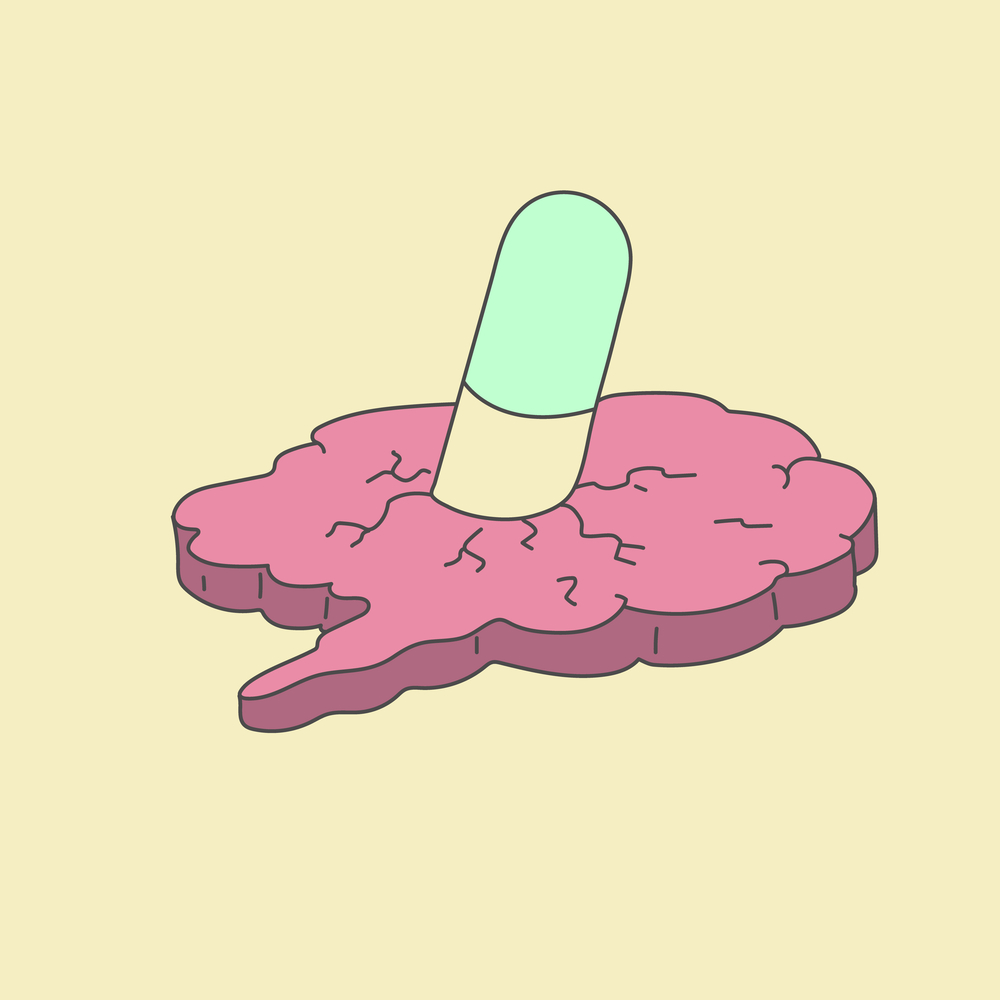In 1994, Dr. Giovanni Fava posed a controversial question: could antidepressants be worsening the very conditions they were designed to treat? Thirty years later, his clinical insights into withdrawal symptomatology suggest the answer may be yes—and the implications are unsettling.
The pharmaceutical industry has downplayed the risks of withdrawal symptoms following the discontinuation of antidepressant medications. Still, Fava, an Italian psychiatrist and researcher, raised concerns about the long-term impacts and iatrogenic of antidepressants. This time, he draws on thirty years of clinical observations.
In his editorial titled “The Clinical Meaning of Withdrawal with Antidepressant Drugs,” published in Psychotherapy and Psychosomatics, Fava explores and shares his experiences surrounding antidepressant withdrawal syndromes that occur in his patients even with best-practice gradual tapering. His clinical findings also point to a broader issue known as “oppositional tolerance,” where the brain develops resistance to antidepressants, worsening the patient’s condition over time.
“We may view withdrawal syndromes as isolated, self-limiting manifestations, which in due course and with the appropriate tapering methods subside, totally unrelated to other manifestations of behavioral toxicity. The hidden conceptual assumption is that the patient’s condition will go back to a premorbid state, that is, the receptor changes that are induced by antidepressants are limited to their time of administration or shortly afterward and that it is just a matter of allowing time for adaptation of the system to antidepressant discontinuation,” Fava writes. “Alternatively, we may view withdrawal symptomatology as part of a more general problem related to the use of antidepressant medications. The priority then becomes to stop exposure to antidepressant medications as soon as possible.”
















Thank you for working to point out the problems of antidepressant withdrawal, Dr. Fava and Samantha. Especially since “Antidepressant Withdrawal [is] Commonly Misdiagnosed as ‘Mental Illness.'”
As one who dealt with the living nightmare of such misdiagnoses, I agree, “antidepressants should only be used for the most severe cases of depression [if at all] and for the shortest duration possible.”
And they sure as heck should NOT be fraudulently marketed as “safe smoking cessation meds.” As a marketing major, I will say that is false marketing, doctors and big Pharma, and false marketing IS technically illegal.
Report comment
Full fledged withdrawal happens even in people who were prescribed the same meds for other conditions like insomnia, pain, or dysautonomia, and who had no history of psychiatric illness. So it’s clearly not a return to a premorbid state when a patient never had the symptoms previously.
Report comment
Absolutely, you are correct. And such misdiagnoses were actually considered malpractice in the DSM-IV-TR. From that psychiatric “bible”:
“Note: Manic-like episodes that are clearly caused by somatic antidepressant treatment (e.g., medication, electroconvulsive therapy, light therapy) should not count toward a diagnosis of Bipolar I Disorder.”
But since that slice of wisdom was taken out of the DSM5 … likely due to Whitaker’s “Anatomy….”
To me, psychology, psychiatry, big medicine, and big Pharma have been behaving in a juvenile manner … albeit also seemingly in an insane manner.
“Oh, it’s too profitable” to stop neurotoxic poisoning the children, one pediatrician told me. After the Covid situation, one big Pharma rep told an undercover reporter from Project Veritas, “we’re looking for a new cash cow.” WTF???
Maybe those of us pointing out the iatrogenic etiologies of the DSM disorders, have started a wave, larger than we thought ?
Report comment